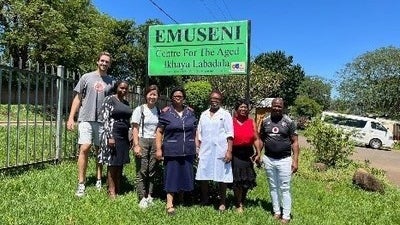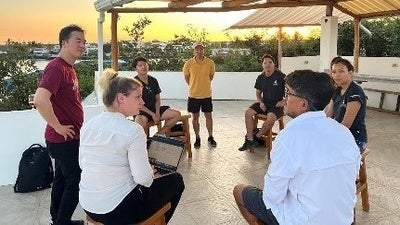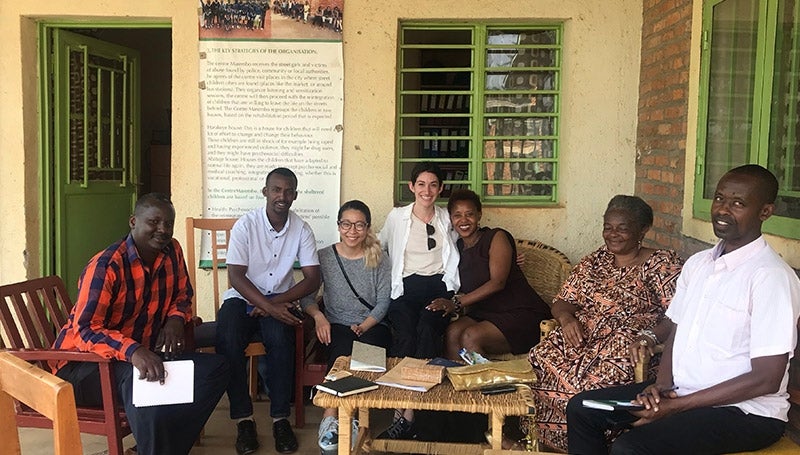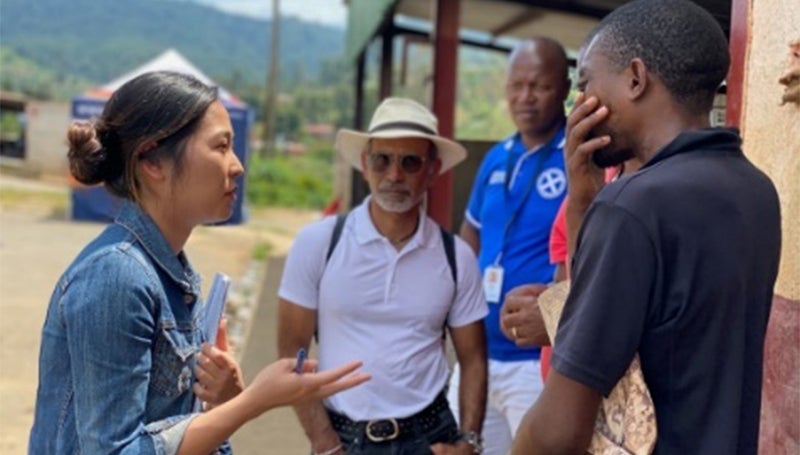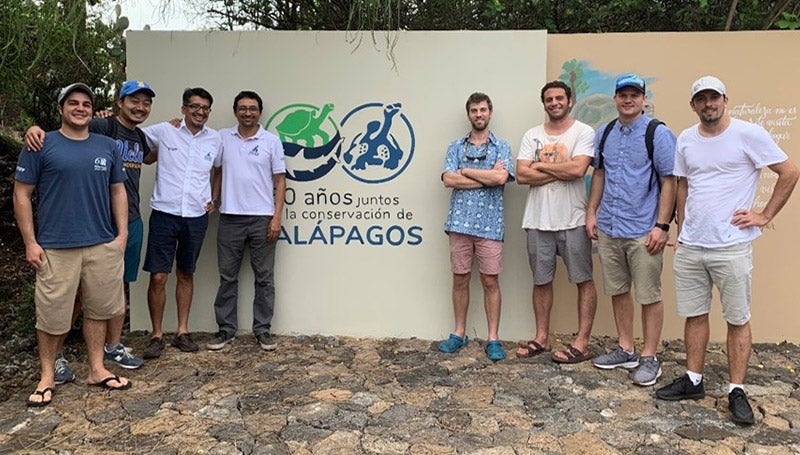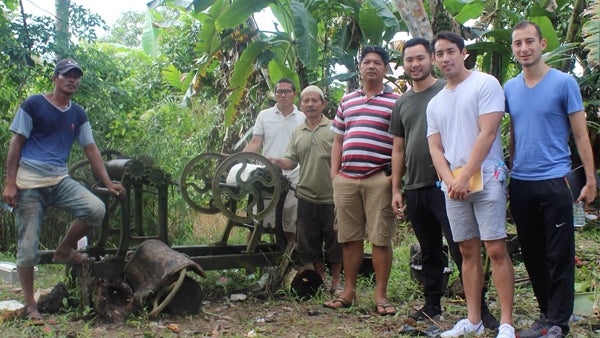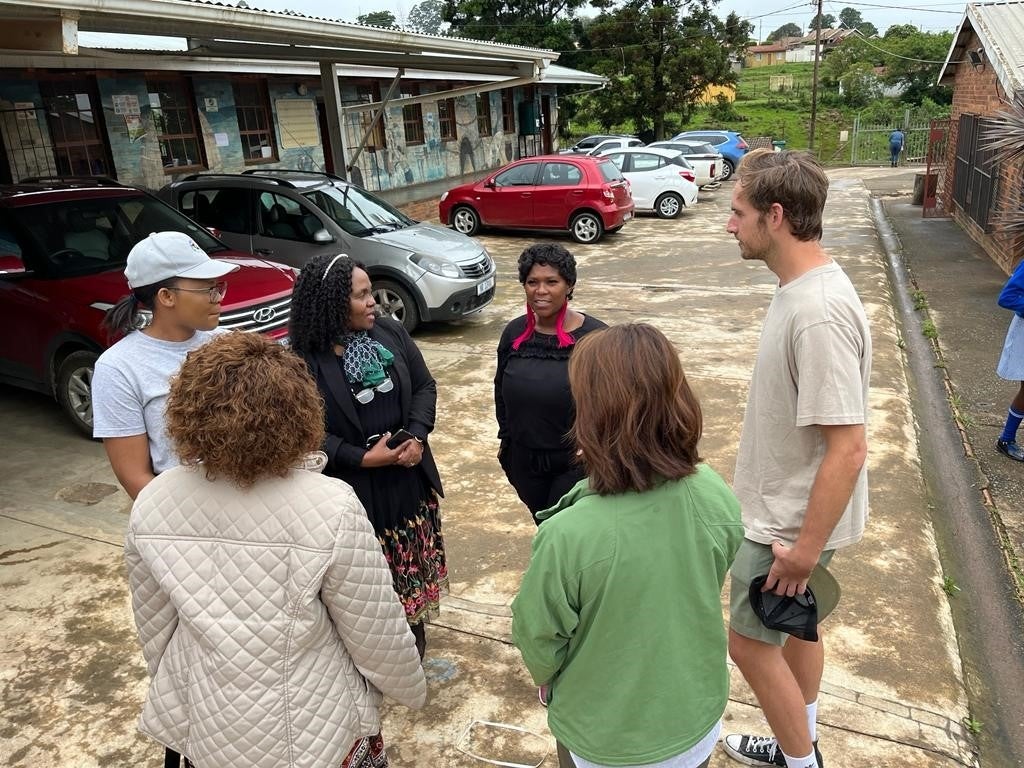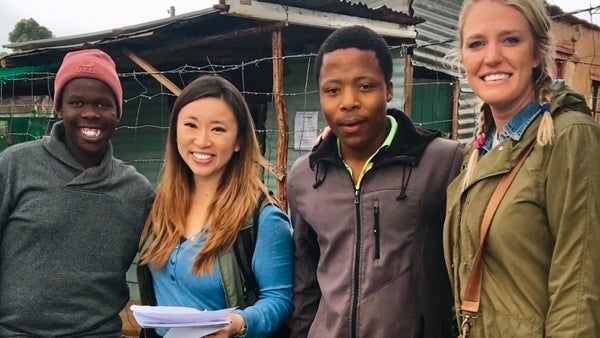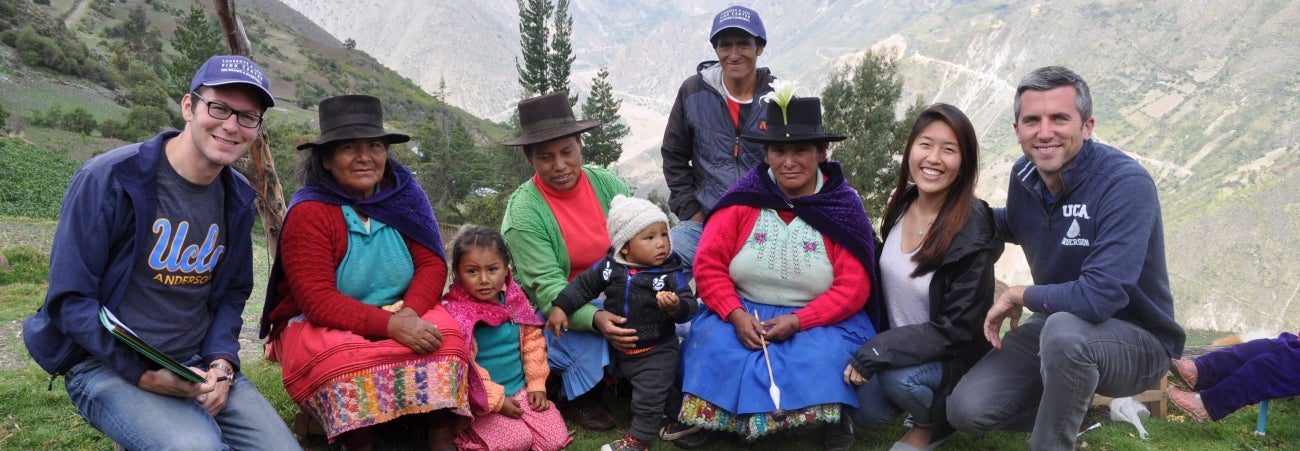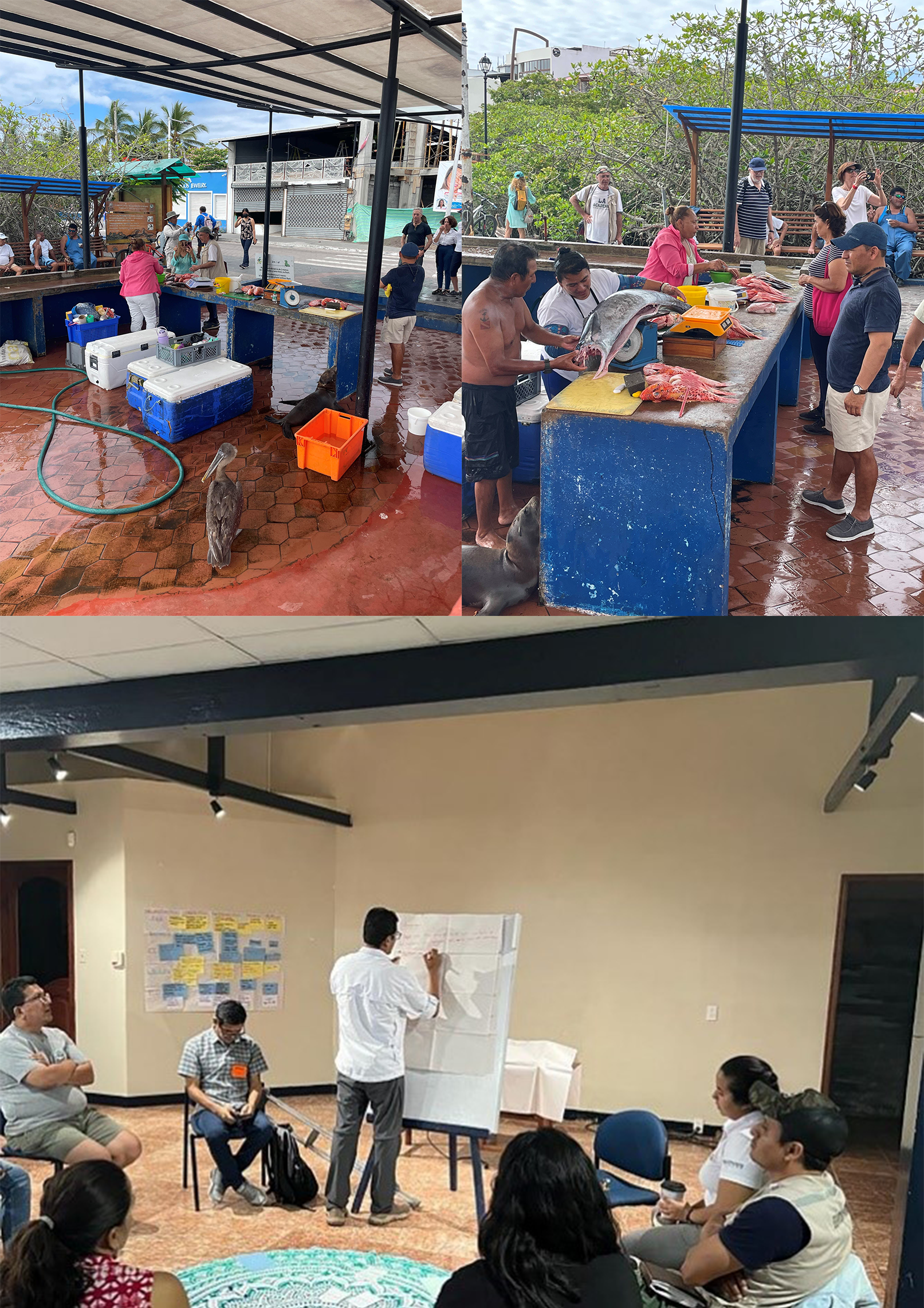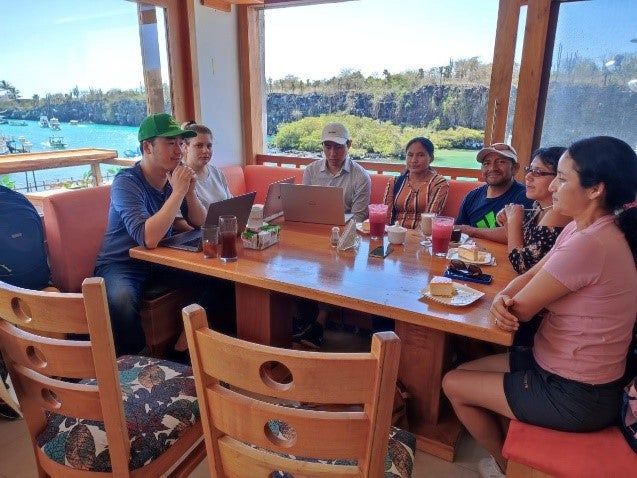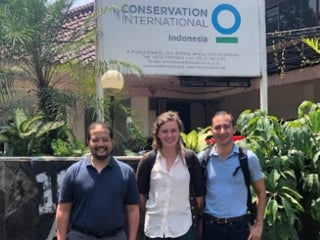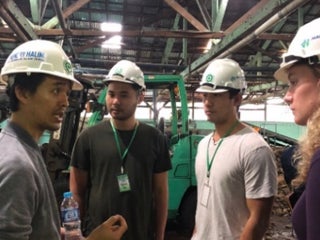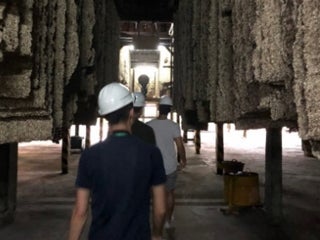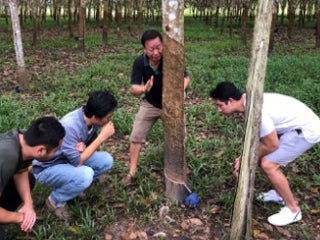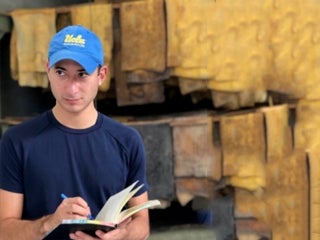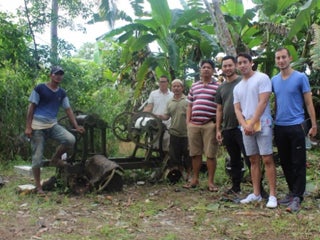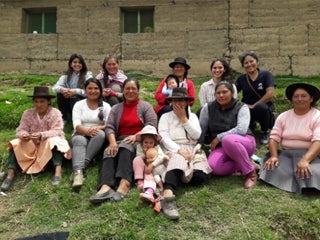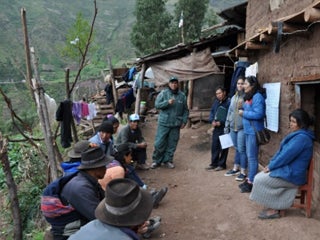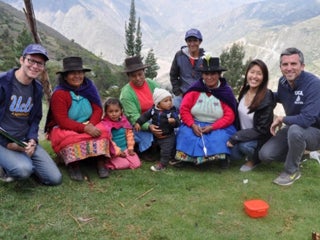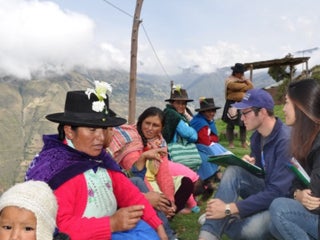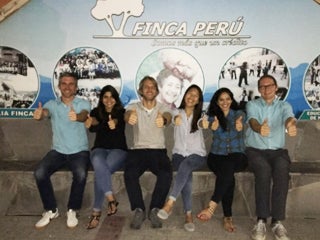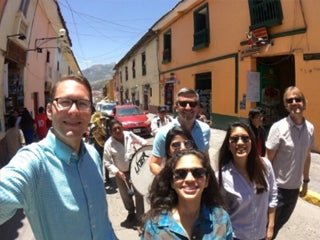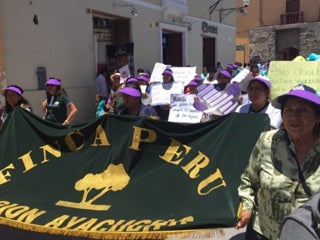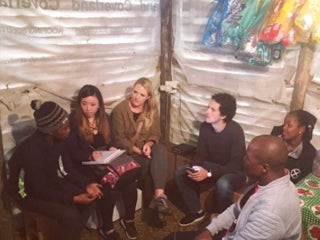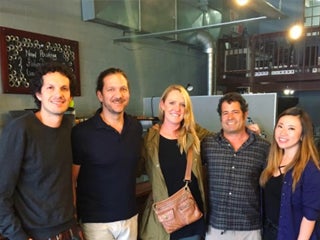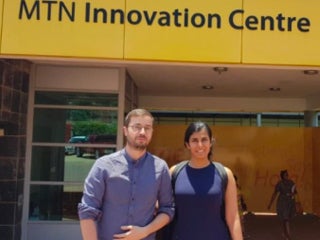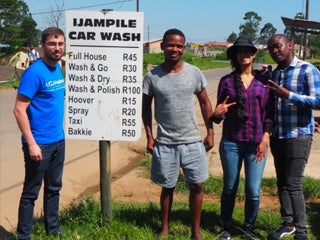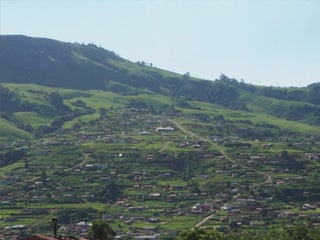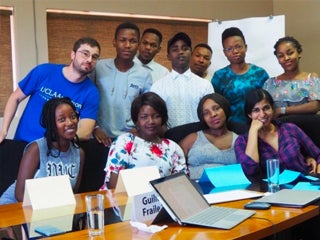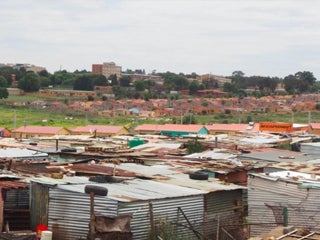Building Socially Responsible Businesses That Create Economic Mobility and Help Alleviate Global Poverty (rise, RWANDA)
The Business Creation Option (BCO), an alternative to AMR, is a master’s thesis track in which students combine their entrepreneurial talents with significant primary and secondary research to launch a business. With the strong belief that business can and should be a driver of social good, the BCO team set out on an ambitious journey to understand how to build a socially responsible business driven by the triple-bottom-line impact of people, planet and profit to create economic mobility in communities living in poverty globally. After successful completion of the two prerequisite courses, Entrepreneurship and Venture Initiation and Business Plan Development, the team prepared a business plan to launch rise, a premium, environmentally friendly candle company that would train and pay a living wage to its employees. Its product would be responsibly sourced, and its business model would require very little infrastructure, minimal capital investment and unskilled workers, which would ultimately create social impact and alleviate poverty at scale.
Students determined that Rwanda would be the most appropriate country to launch the product, based on its burgeoning ecosystem of effective social enterprises, a government that encourages foreign investment and perceived consumer demand, as well as the team’s network in the country. Following an initial visit to its capital, Kigali, in the summer of 2019, the team further assessed the market opportunity. During the fall and winter quarters, students continued to conduct extensive primary and secondary research to understand sales and marketing channels and the global supply chain, as well as explore product design and social impact employment issues. Via WhatsApp and Skype calls, they conducted interviews with an extensive range of industry experts, including candle-makers, sustainability professionals and international development leaders in Africa, which helped the team to select a beachhead market for launch, conscious millennial consumers who care not just about the quality of the products they use, but also how their purchases impact the environment and social good.
In January, the students returned to Kigali as and visited the rural communities of Kayonza and Rwamagana to better understand the local landscape, best practices for starting a social enterprise and potential employment pipelines. They met with a wide range of stakeholders, including nonprofit leaders from organizations such as Centre Marembo, Komera and Agahozo-Shalom Youth Village; social impact experts, including MasterCard Foundation’s Hanga Ahazaza; and social enterprises with ecological and sourcing expertise. They interviewed transportation companies and local suppliers of wax, fragrance oils and containers to explore sourcing, logistics and distribution channels; assess existing infrastructure; and better understand import/export challenges. They also conducted focus groups with the target consumer segment, millennials, to further assess market demand for the product, social media platforms and brand differentiation.
After graduation, the students who were finalists for the Entrepreneurial Excellence Capstone Award are excited to continue to build out the business and release lines of rise candles, each line with a fragrance unique to or evocative of a different developing country. The team’s ultimate goal is to shift production from the U.S. to overseas and further generate employment opportunities and empower communities living in extreme poverty. In the meantime, with each country line released, a percentage of profits will be donated to well-vetted nonprofit partners in that particular country. As founder and chief candle officer of rise, Jessica Yi, from the full-time MBA Class of 2020, will continue to oversee the strategic direction, operations and management of the brand.

In Kigali, students met with Marie Claire Dushimumukiza (far left), senior consultant at Howath HTL and coordinator of the MasterCard Foundation’s Hanga Ahazaza project, a five-year initiative focused on increasing youth employment opportunities in Rwanda. (From left to right) Class of 2020 students Sara Matthew, Jessica Yi and Emily Bestwick.

Students visited Centre Marembo, the only all-female shelter in Rwanda that provides services to young girls who have experienced trauma, violence and homelessness, where they interviewed its leadership team.

Students were taken on a tour of Centre Marembo by its founder and executive director, Nicolette Nsabimana. The Centre provides the space, education and business tools for its young women to gain employment through arts and crafts, agriculture and clothing.

Students also interviewed Caroline Numuhire from the Segal Family Foundation, who provided insights into the social enterprise and social impact landscape in Rwanda. The Segal Family Foundation has an explicit focus on sub-Saharan Africa and has launched a social impact incubator in Rwanda.
